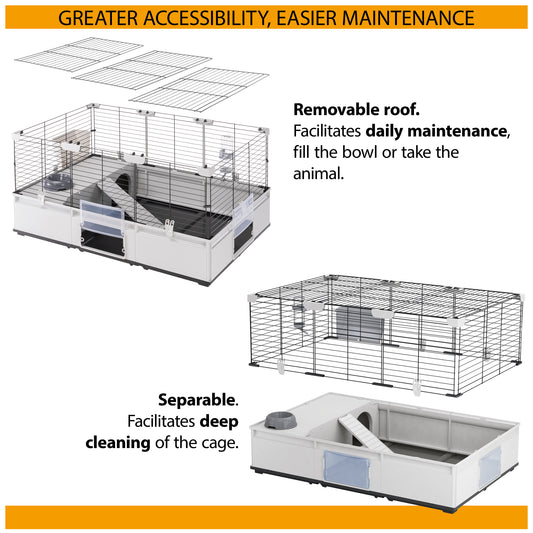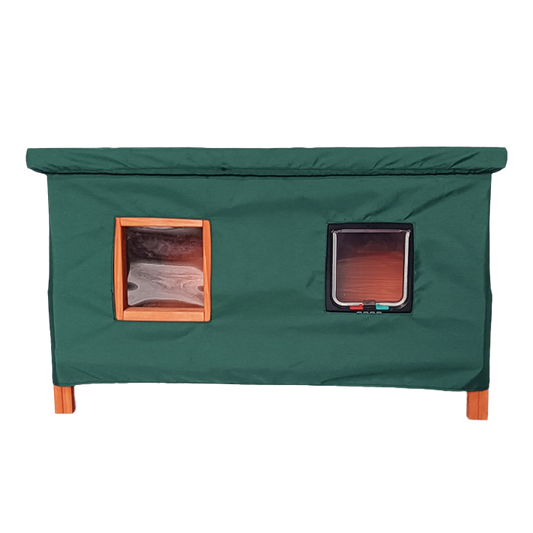The job of a responsible dog owner involves more than simply ensuring your pet has everything it needs for a happy, healthy life. It is also important for dog owners to take responsibility for their pets’ actions and to raise them to be good canine citizens. Here are some of the things you should be doing.
Socialisation and habituation
Dogs need to be taught how to cope with modern life and the younger they are when they experience things for the first time, the better. It is generally accepted that there is a window of socialisation in the first 12 weeks of a puppy’s life in which it will embrace new experiences happily. After this time, it is common for dogs to become fearful of new and unfamiliar things.
A dog that is used to children, other dogs, cyclists and traffic will be much safer and happier out and about in public.
Picking up after your pet
There’s no excuse to leave your dog’s poo on the pavement when you are out on a walk and unfortunately the minority of owners who refuse to pick up after their pets are giving the rest of us a bad name. Make sure you always have plenty of poo bags with you when you go out so you’re not caught short and remember to dispose of them properly afterwards. Putting your dog’s poo in a bag but then dropping it on the ground or hanging it from a tree branch does not count!
There are situations when picking up is not necessary – such as in areas of woodland where you are instead encouraged to flick any deposits off of the path with a stick so that it is out of the way of walkers. However, you should still pick up in fields where livestock graze as medications such as wormers can be present in a dog’s waste and can be very toxic to farm animals if eaten.
Neutering
Dogs Trust estimates that in 2021 there were over 42,000 unwanted dogs in the UK. Rescue centres are overflowing with dogs of all shapes and sizes who are looking for forever homes. With this in mind, a responsible dog owner should neuter their pet to avoid any unwanted pregnancies.
If you are considering breeding from your dog, you should think very carefully about it beforehand and ensure that you have homes lined up for the puppies.
Vaccinations and parasite prevention
A responsible dog owner should ensure that their dog is vaccinated, not only to protect their pet but to prevent the spread of disease. Parasite prevention is also key – such as flea and worming treatments – to ensure your dog doesn’t become ill or pass on anything nasty to other dogs or humans. A flea-riddled dog would not be considered a good canine citizen if everywhere it goes it causes an infestation!
Training
Basic training is an essential part of being a responsible dog owner and puppy training should start as early as possible. When taking your dog out in public you need to be sure that it can walk nicely on the lead and will not jump up at passers-by or lunge into the path of oncoming cars.
A dog that sits nicely at the side of the road when waiting to cross, or stops and looks at their owner as soon as they hear their name called, will be safer and less likely to pose a hazard to others. Make sure your dog has a reliable recall before letting it off the lead in public and never walk a dog without a lead near a road – no matter how good its recall is.
Insurance
Pet insurance can be expensive but it provides a safety net should you be faced with any unexpected vet bills. However, it is not just important for illness and injury affecting your pet. A pet insurance policy which includes third-party liability will cover injury or damage caused by your pet, providing you have taken all reasonable precautions.
If your dog causes any injury or damage to property, you could be deemed as legally liable. This can result in an expensive claim being brought against you. Third-party cover can help with any legal costs that arise as a result. Something as simple as your dog knocking over a delivery person to your home with an enthusiastic greeting could result in a substantial claim.
If you have pet insurance for your dog, you should check to see if you are covered for third-party liability.
Travelling
As a responsible dog owner, you should never allow your pet to travel unrestrained in a car. The Highway Code says that drivers ‘must make sure dogs and other animals are suitably restrained’ in your car. Failure to do so could be considered as dangerous driving if you were involved in a collision.
If your car were to be involved in a collision at 35mph, an unrestrained dog weighing 60lbs would become a 2,700lbs projectile which could kill both the dog and human occupants of the car. Restraining your dog also keeps it in the car should an accident occur. If a window were to get broken and your dog escaped on to the carriageway, they could endanger the lives of other road users.
There are lots of options available for dogs to travel safely, from boot guards and crates to harnesses and pet seat belts. Choose something that your pet finds comfortable and gradually introduce it to them over increasingly longer journeys. A supply of training treats in the car will help to build a positive association with car trips.
If you enjoyed this article, you may be interested in:









